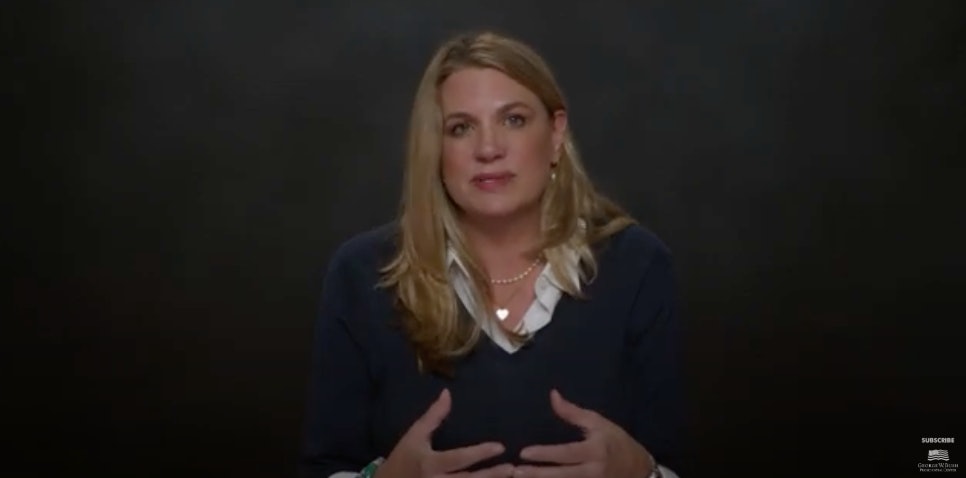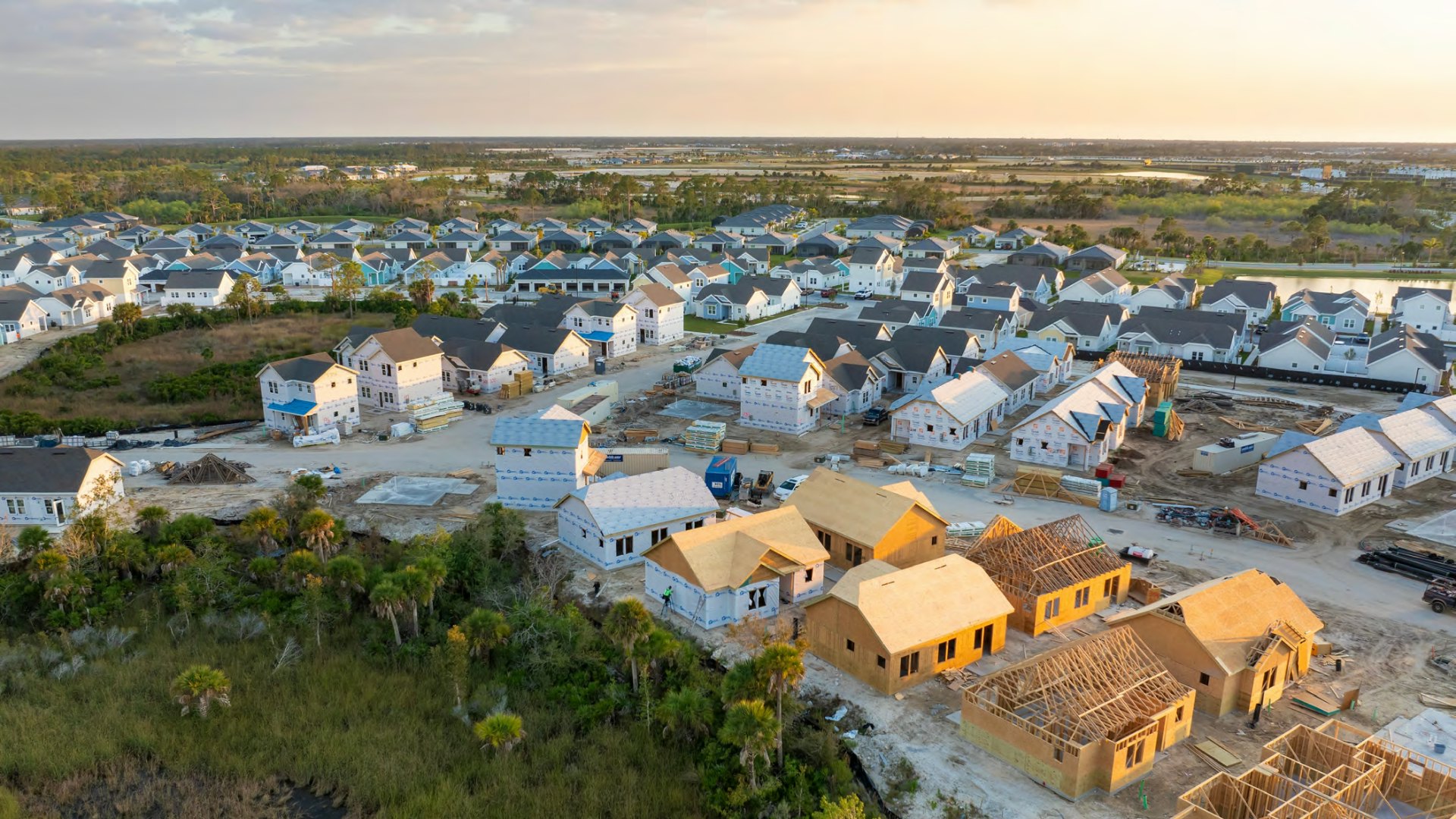Nury Turkel, a Uyghur Muslim who serves on the United States Commission on International Religious Freedom, reports how religious persecution drives migration around the world. He also explains how immigrants and refugees can become advocates for democracy and human rights back home.
Nury Turkel came to the United States in 1995, seeking to escape the oppression that he and his family faced as Uyghur Muslims in the Uyghur region of China. Born in a re-education camp, Turkel graduated from American University in Washington, D.C., with a M.A. in International Relations and a law degree. He was granted asylum in 1998, and now serves on the United States Commission on International Religious Freedom and is an adjunct fellow at the Hudson Institute. In 2020, TIME named the attorney-advocate one of the 100 most influential people in the world for his work in building the Uyghur human rights movement.
Turkel spoke with Chris Walsh, Senior Program Manager in the Human Freedom Initiative at the Bush Institute, and William McKenzie, Senior Editorial Advisor at the Bush Institute, about the role religious persecution plays in driving migration around the world. He also described his own journey in becoming an American; the need for immigrants, including those escaping religious persecution, to avoid isolating themselves in a new country; and how immigrants and refugees can become advocates for democracy and human rights back home.
Let’s start with your journey as an immigrant who sought refuge from religious and political persecution. What challenges did you and your family face?
I never thought that I would come to the United States, become an American citizen, and earn a law degree. Now that I’m a government official, this journey makes me feel proud of being here as an immigrant. I can identify myself in many different ways, but the most appropriate identification is that I’m an immigrant. I’m a member of an oppressed minority in China subjected to the Chinese government’s genocidal campaigns.
I never thought that I would come to the United States, become an American citizen, and earn a law degree. Now that I’m a government official, this journey makes me feel proud of being here as an immigrant.
I am especially proud of that journey at this moment, when the Chinese government is using deliberate, systematic policies to attempt to stamp out the Uyghur identity. And, at a time when populist leaders in some corners of the world are promoting nativism, anti-immigrant sentiment, and an erosion of democratic principles, it is more relevant to share how grateful I am. It may be egocentric for me to say this, but I think this journey represents the best of America.
What challenges did you face as you tried to come to the United States?
The Chinese government’s purposeful ways of restricting travel and freedom of movement was the biggest challenge. Getting a passport is an impossible process in China. There were months and months of work. Some countries want you to leave, but not China.
That is still the case. My parents have not been allowed to visit my brother and me in the U.S. since 2004. I have not seen my mother since the summer of 2004, when she was in Washington, D.C., for my law school graduation. That was my parents’ last trip to America. I was able to see my father in late 2014 in Turkey. I would love to see my parents spend whatever time that they have left in this world in freedom. I would love to see them here hugging my children and my brother’s children. They have met only one of those five American grandchildren. But without that passport, they will not be able to go anywhere.
For me, coming to the United States was a childhood dream come true. Chinese society’s repressive nature, especially if you are not Han Chinese but Tibetan, a Uyghur, or even a Christian Chinese, makes you feel that it is better to live outside of the country. You should be somewhere that you are welcomed.
Chinese society’s repressive nature, especially if you are not Han Chinese but Tibetan, a Uyghur or even a Christian Chinese, makes you feel that it is better to live outside of the country. You should be somewhere that you are welcomed.
As a Uyghur, you are treated as subhuman in China. The Chinese ambassador to Washington has been saying publicly since late 2018 that his government is helping Uyghurs transform into normal human beings. That is the mentality I grew up hearing.
I was born in a re-education camp at the height of the Cultural Revolution. My dad, a college graduate, was an educator who was sent to a labor camp. My mom was taken into a re-education camp while she was pregnant. She delivered me while she was injured. My mom and I spent my first few months of life in detention.
I was born in a re-education camp at the height of the Cultural Revolution. My dad, a college graduate, was an educator who was sent to a labor camp. My mom was taken into a re-education camp while she was pregnant. She delivered me while she was injured. My mom and I spent my first few months of life in detention.
I’m 50, but I never thought that I would ever talk about the way that I was born, the way that my parents were treated. I thought that was over. But we’re still talking about mass detention, collective punishment, and now, forced labor or modern-day slavery.
Thanks for sharing those difficult experiences. Thinking about your professional work on behalf of religious freedom, what role does religious persecution play in the flow of immigrants around the world?
Legal scholars, policy experts, and historians agree that religious persecution is a crime against humanity. And religious persecution is a precursor for genocide as well as the source of domestic conflict between various ethnic groups. Seen like that, it can be a national security threat.
The Chinese government, knowingly or unknowingly, made the problem much worse by focusing on the Uyghurs’ religious identity. Along with some short-sighted governments around the world, the Chinese think that restricting religious freedom can buy them stability. Actually, it’s the opposite. Religious persecution creates instability, as we have seen in many places around the world. But wherever you have religious freedom, stability follows.
Of course, Americans understand this. Religious freedom is protected as part of America’s first human right. President [George W.] Bush was admirable when he showed up at the Washington Islamic Center seven days after 9/11. That kind of leadership helps combat any resentment towards a religious minority in any country.
But, in some countries, when their security is challenged, they persecute religious minorities out of their insecurity. A typical case is Xi Jinping’s China. Christians, Catholics, Tibetans, and Uyghurs all face a similar threat because the Chinese government mainly sees religious freedom, religious practices, or spirituality as a sign of disloyalty to the state. The government sees this as a potential threat to the existence of their authority.
They are making a mistake. I am using my platform to educate people that respecting peoples’ right to believe in and not believing in a religion gets you the social stability and security you long for.
You mentioned China. In what other countries or regions do you see religious persecution sparking migration around the world?
India is not treating its sizable Muslim population with respect. Saudi Arabia is not tolerant towards the Shia Muslims. Turkey is showing some intolerance towards religious minorities. And in Myanmar, Rohingya Muslims are not provided their rightful place in society. Some countries see the demand for religious freedom as a national security threat.
What might work best in terms of helping immigrants or refugees settle into a new country? You talked, for example, about the importance of education in your entrance into American life.
One problem in the Muslim community here in the U.S., as well as in places like Australia, Germany, and the Netherlands, is that they sometimes feel their Muslim backgrounds are not supposed to be highlighted. But I tell them they need to talk about it. That is how people will get used to your background and how you will feel more included.
One problem in the Muslim community here in the U.S…. is that they sometimes feel their Muslim backgrounds are not supposed to be highlighted. But I tell them they need to talk about it. That is how people will get used to your background and you will feel more included.
If you just stay within your small comfort zone, and do not interact with people who are different from you, you will not allow them to learn from you and you from them. And you will feel lonely forever.
Worrying about people being judgmental about their religious background is not the right approach. This country is inclusive. We have lots of problems like any other countries, but I always encourage people to be just true to themselves. If you are a Christian, go to the church. If you remain a Muslim, learn how other Muslims have become successful.
The self-imposed isolation also has had to do with Donald Trump’s rhetoric about Muslims being a threat to American society and national security. Anti-immigrant and anti-Muslim rhetoric became a comfortable topic in our society. That is wrong and does not make us look good. Moral clarity is important when you are standing for democracy, human rights, and religious freedom.
What do you say to immigrants here or around the world about adopting the identity of their new country, while maintaining the identity of their country of origin and its culture? How do you deal with that tension?
It is important to learn to appreciate the beautiful aspects of the society that you made yourself a member of. You will be isolated forever and cannot be integrated if you just talk to your own people, read your own social media postings, and not try to understand the thinking behind certain policy decisions or actions.
At home, you can observe cultural or religious holidays. The beauty of our country is that no one comes to your home like they do in China and says you are not supposed to speak your language to your children. No one tells you that you cannot take a certain day off to observe a religious or cultural holiday.
In the United States, you can do both at the same time. That’s what makes our country so special, so unique, although some immigrants don’t know they can say to their superiors at work that they need to take a particular day off as a religious holiday to reflect and pray. That’s their right.
Do you find that integration into a democratic society results in immigrants or refugees supporting and advocating for democratic values abroad?
Yes, but this is a generational problem. The first generation usually just works hard, long hours to make that better life available for the next generation.
It’s in the second generation that you see the problem. I always tell my immigrant friends who have grown-up children, let your children pick their profession. Let them to go to law school, study social science. An engineering degree is wonderful and can lead to a more stable life rather quickly. But you need to teach your children to learn politics. Then, you can be an advocate for the people that your parents left behind.
I love it when I see immigrant children running for Congress or becoming a government official. I’d like to see more in my own community. It’s almost embarrassing for me to say that I’m the first U.S.- educated Uyghur lawyer. In light of the decent size of Uyghur community here, which is maybe 7,000 or 8,000 people, there should be hundreds of Uyghur immigrants going into social science, learning American government, running for office, becoming a public face for our country and telling the American story.
I love it when I see immigrant children running for Congress or becoming a government official. I’d like to see more in my own community.
Once immigrants or their children become advocates for democracy, how is their advocacy perceived in their home countries? I know the Uyghurs have experienced risks and challenges for speaking out for those back home.
They may be more disconnected from the people back home because they will sound like Western-educated, Western-born advocates with an American and European mindset. But their voice is a positive thing. Having experienced a democratic system, they can explain how democracy works and advocate for it. They have benefited from their education here, the language skills they have developed, and their life experiences.
I wish I had gone to high school in this country. I could have been a better advocate if I had had the experience of those who came to this country earlier in their lives, or were even born here. It helps to have greater exposure to American society.































